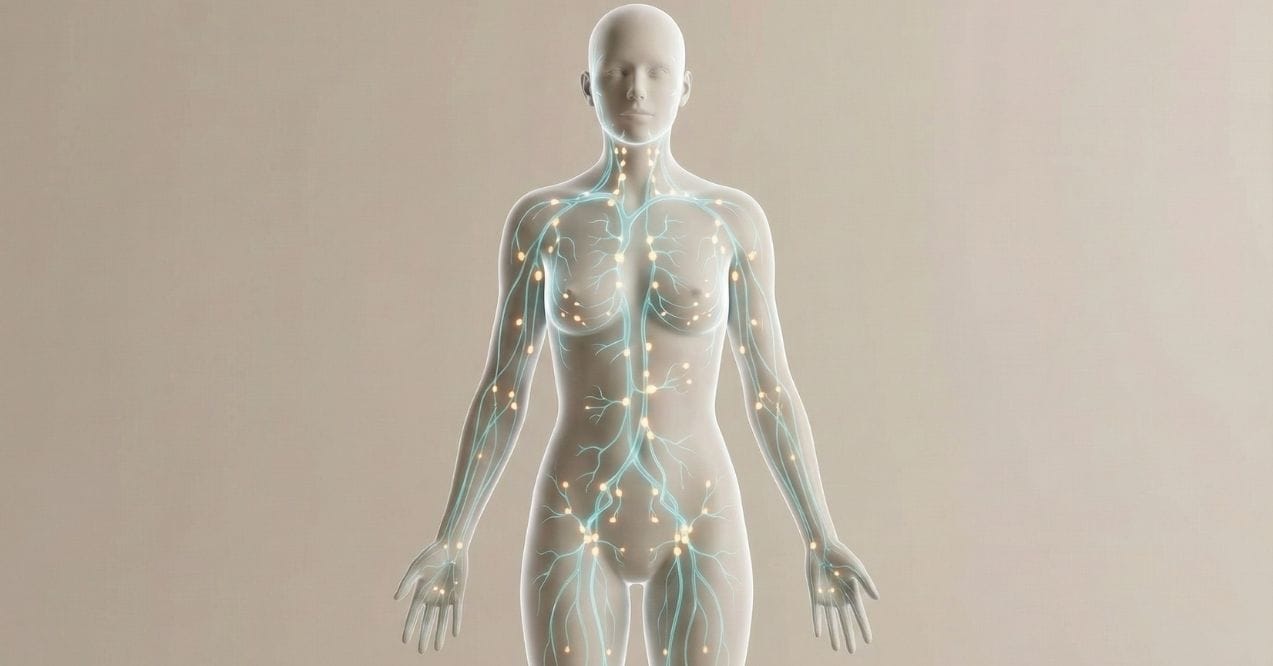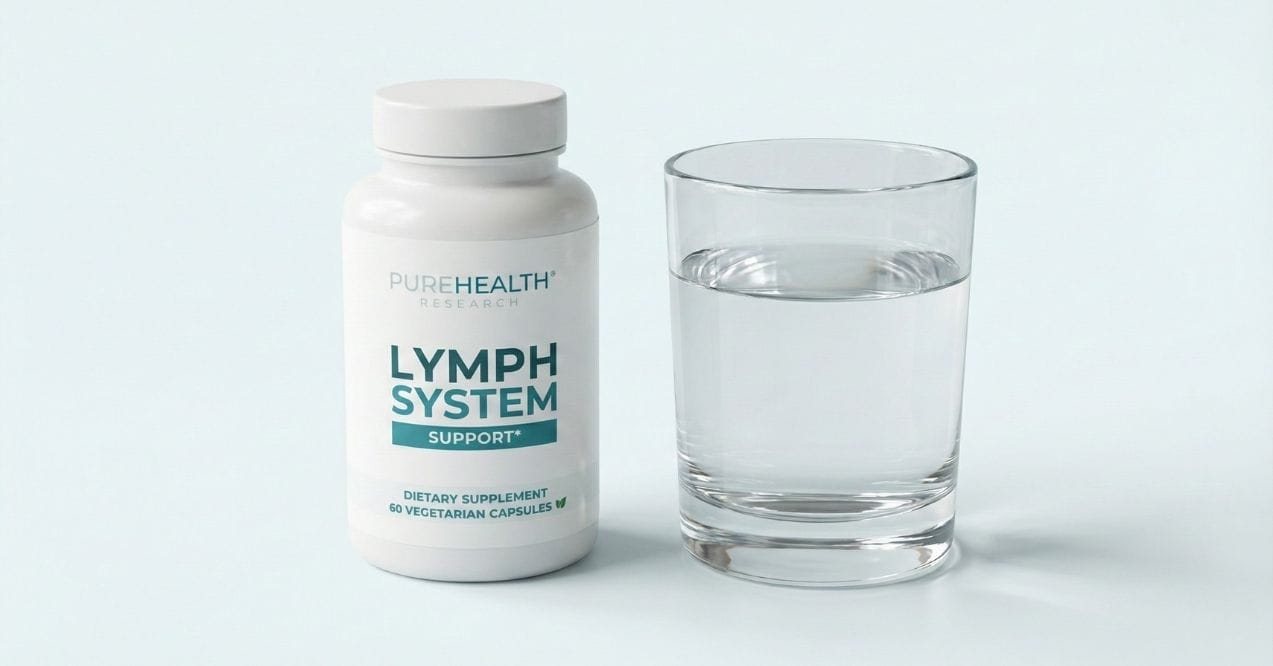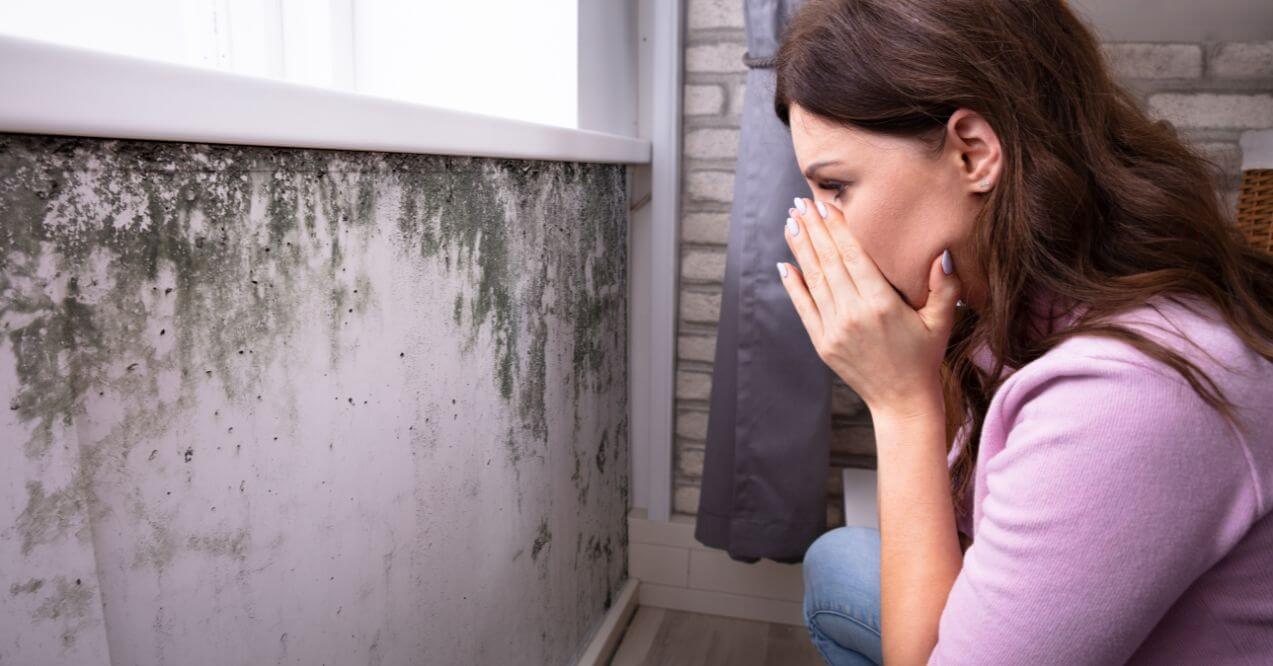Can a Tooth Infection Cause Swollen Lymph Nodes?
Can a tooth infection cause swollen lymph nodes? Understand the link between dental infections & your lymphatic node swelling now.
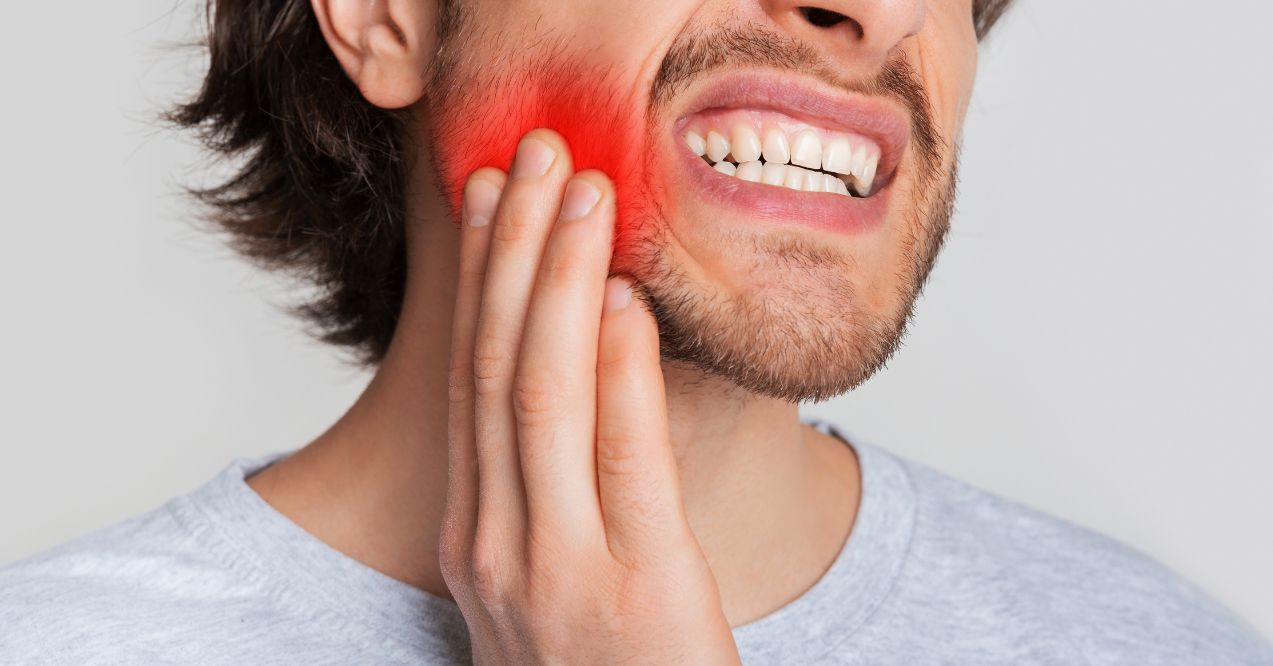

Can a tooth infection cause swollen lymph nodes? Tooth infections, though primarily localized in the mouth, can have effects that extend beyond the oral cavity. One such effect is the swelling of lymph nodes. Lymph nodes are small, bean-shaped glands that play a crucial role in the body’s immune system. When a tooth infection occurs, the body responds by sending white blood cells to the affected area, which can lead to inflammation and, consequently, swollen lymph nodes.
This blog post will explore the connection between tooth infections and swollen lymph nodes, identifying specific types of infections that may trigger this response and offering tips on how to maintain oral health to prevent such complications.
Can a Tooth Infection Really Cause Swollen Lymph Nodes? Yes – And Here’s Why It Happens
A tooth infection often causes swollen lymph nodes in your neck or jaw. This common reaction happens because:
- Your lymph nodes are your body’s first line of defense. When they detect bacteria from the infected tooth, they swell up while working to trap and fight these harmful organisms.
- The infection doesn’t stay isolated. Bacteria from the infected tooth can move through tissue and enter your lymphatic system, triggering nearby nodes to respond.
- Any tooth can cause this reaction, but wisdom teeth are particularly notorious. Their location and difficulty to clean make them especially prone to infection and subsequent lymph node swelling.
If you notice swollen lymph nodes along with tooth pain, it’s your body sending an important signal – the infection needs attention. Contact your dentist promptly, as tooth infections typically don’t resolve on their own and can become serious if left untreated.
Want to learn more about the lymphatic system? Here’s our article on how to clean your lymphatic system and support your body’s natural defenses.

Types of Tooth Infections Causing Swollen Lymph Nodes
Tooth infections can manifest in various forms, each with the potential to cause swollen lymph nodes as the body’s immune system responds. If you’re wondering, “can a tooth infection cause swollen lymph nodes?”, the answer is yes – when an infection spreads, the lymph nodes may swell as they work to fight off bacteria. Understanding these different types of infections can help you recognize the symptoms early and take appropriate action.
Abscess
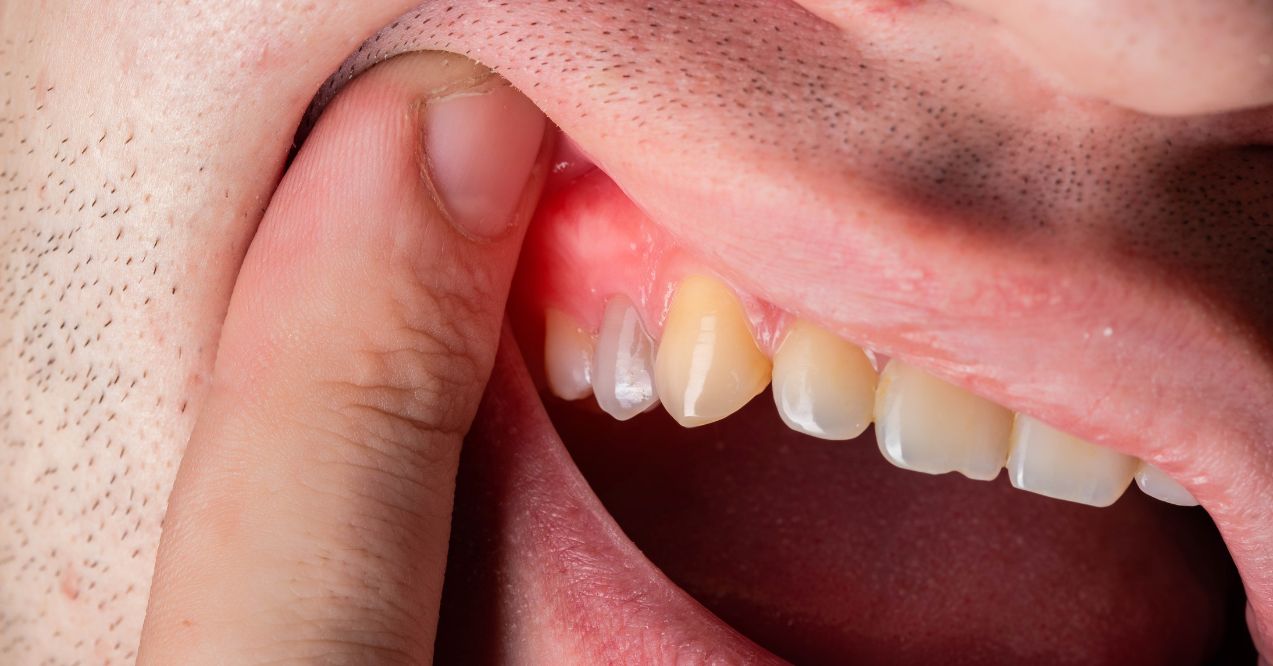
A dental abscess is a pocket of pus caused by bacterial infection. It can occur at different regions of a tooth for various reasons. Abscesses form when bacteria invade the dental pulp through untreated cavities, cracks, or chips in the tooth.
Symptoms include severe, persistent, throbbing toothache, sensitivity to temperature extremes, fever, and facial swelling. In some cases, individuals may experience toothache and sore throat on one side, indicating the infection’s spread.
Pulpitis
Pulpitis refers to inflammation of the dental pulp, the innermost part of the tooth containing nerves and blood vessels. It can be caused by deep cavities, repeated dental procedures, or trauma to the tooth. Acute pulpitis often results in sharp pain when consuming hot or cold foods and drinks. If left untreated, it can progress to a more severe infection, potentially affecting nearby lymph nodes.
Cavity
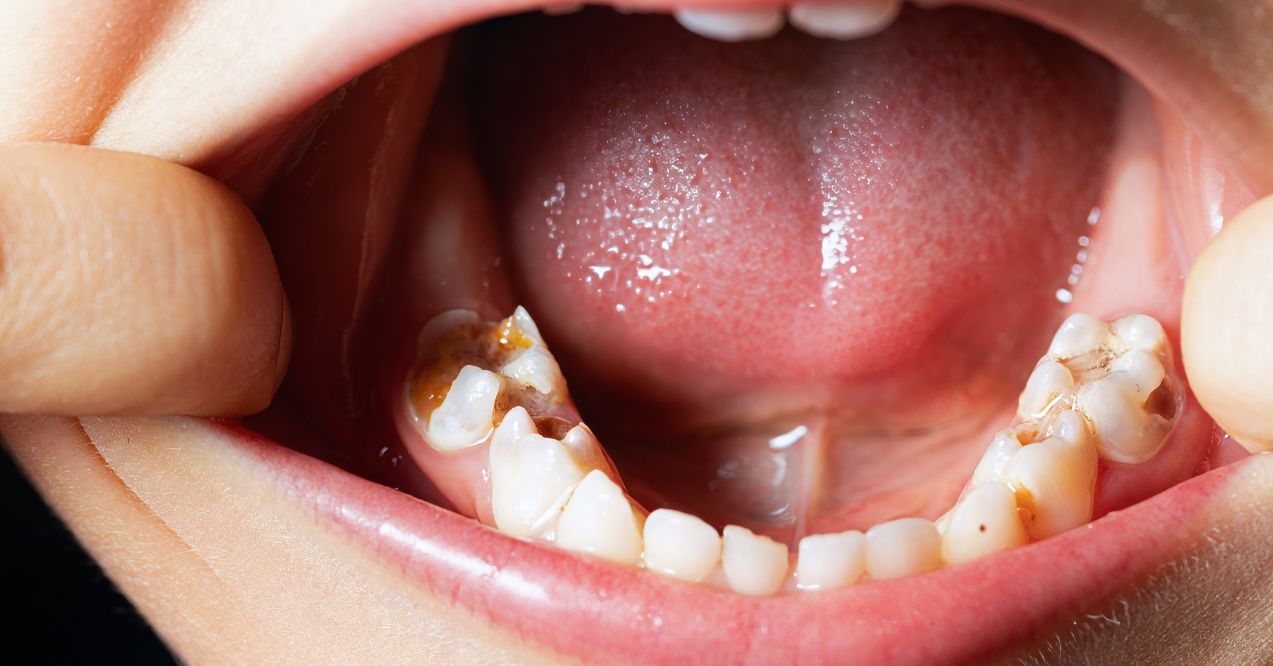
A cavity is a permanently damaged area in the hard surface of your teeth that develops into tiny holes. Cavities are caused by a combination of factors, including bacteria in your mouth, frequent snacking, sipping sugary drinks, and poor cleaning of your teeth. While early-stage cavities may not cause lymph node swelling, untreated cavities can lead to more serious infections that do.
Oral Thrush
Oral thrush is a fungal infection caused by an overgrowth of Candida, a type of yeast that naturally occurs in the mouth. While it’s not a tooth infection in the traditional sense, oral thrush can still impact oral health and lead to swollen lymph nodes. This condition is characterized by creamy white lesions on the tongue, inner cheeks, gums, and sometimes the roof of the mouth.
These lesions can be painful and may bleed when scraped. Oral thrush often affects individuals with weakened immune systems, those taking certain medications, or those with poor oral hygiene. Unlike bacterial infections that directly cause swollen lymph nodes, oral thrush may cause swelling due to the body’s effort to control the fungal overgrowth.
How to Prevent Tooth Infections and Support Healthy Lymph Nodes?
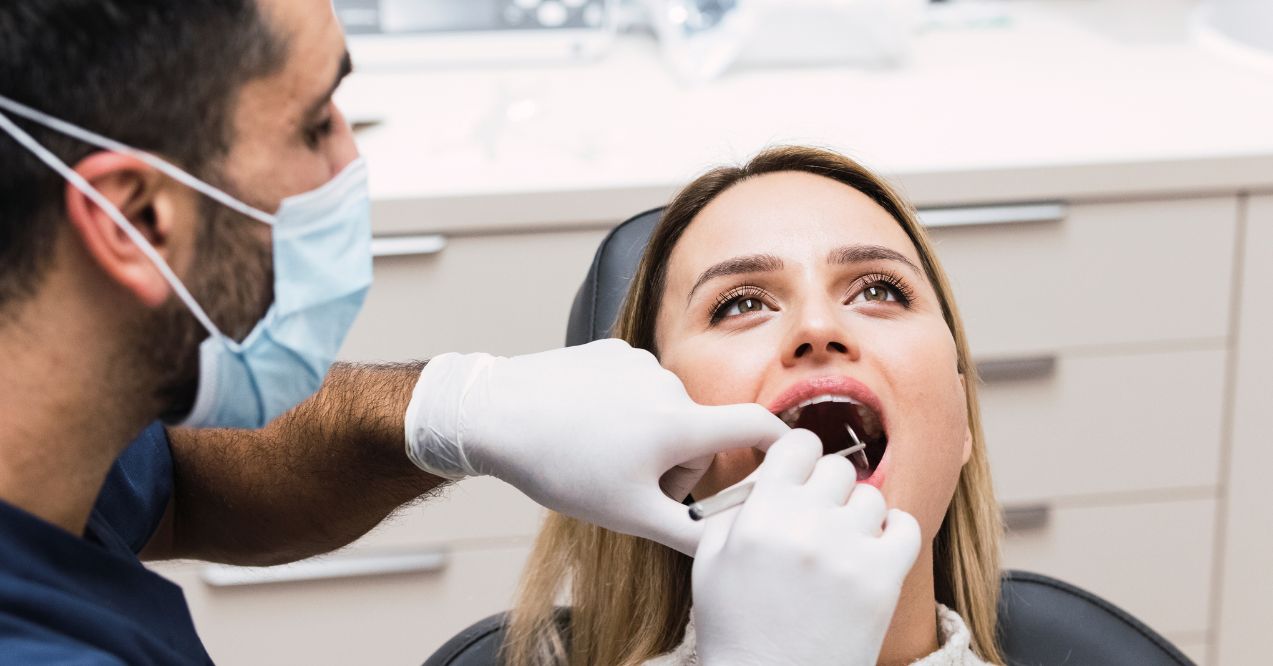
Preventing tooth infections is key to avoiding the discomfort of swollen lymph nodes. The most effective way to do this is through consistent oral hygiene practices. Brushing your teeth twice daily with fluoride toothpaste, flossing regularly, and scheduling routine dental check-ups can prevent infections from developing or spreading.
In addition to maintaining good oral hygiene, certain natural practices can support the lymphatic system, helping to reduce the risk of swollen lymph nodes. Incorporating essential oils for lymphatic drainage, such as peppermint or eucalyptus oil, into your self-care routine may promote lymphatic health. Additionally, using herbs for lymphatic system support, like echinacea or cleavers, can further enhance your body’s ability to manage toxins and fight off infections.

By helping to reduce oxidative stress and support lymphatic function, these ingredients could assist in alleviating discomfort associated with swollen lymph nodes, which can result from various conditions, including infections such as those related to dental issues. If you’re looking to explore more supplements for lymph system support, click here to browse our collection and find the perfect option for your needs.
Conclusion
So, can a tooth infection cause swollen lymph nodes? Understanding this connection is vital for maintaining both oral and overall health. Tooth infections, whether from abscesses, cavities, or other causes, can trigger the body’s immune response, leading to swollen lymph nodes as your body fights off the infection.
By practicing consistent oral hygiene and supporting your lymphatic system with natural methods, you could reduce the risk of infections and their potential complications. Staying proactive in your dental care not only helps prevent swollen lymph nodes but also promotes a healthier, more resilient immune system
Lymph nodes may swell when you drink wine due to an allergic reaction, sensitivity to sulfites, or alcohol’s impact on your immune system. This reaction triggers your lymphatic system to respond, causing temporary swelling as it processes the irritants.
Yes, alcohol can affect your lymphatic system. Excessive alcohol consumption may impair lymphatic function, leading to reduced ability to filter toxins and waste. This can weaken the immune system and increase the risk of infections and other health issues.
Lymph nodes swell in response to infections, inflammation, or injuries. When the body detects harmful substances like bacteria, viruses, or abnormal cells, the lymph nodes filter them out, leading to an immune response that causes the nodes to enlarge
Yes, a tooth infection can cause a sore throat. The infection can spread to nearby tissues, including the throat, leading to inflammation and discomfort. This is often accompanied by other symptoms like swollen lymph nodes and tooth pain.
Sign up for our Healthy Living newsletter!
Advertisement. This site offers health, wellness, fitness and nutritional information and is designed for educational purposes only. You should not rely on this information as a substitute for, nor does it replace, professional medical advice, diagnosis, or treatment. If you have any concerns or questions about your health, you should always consult with a physician or other health-care professional. Do not disregard, avoid or delay obtaining medical or health related advice from your health-care professional because of something you may have read on this site. The use of any information provided on this site is solely at your own risk.



